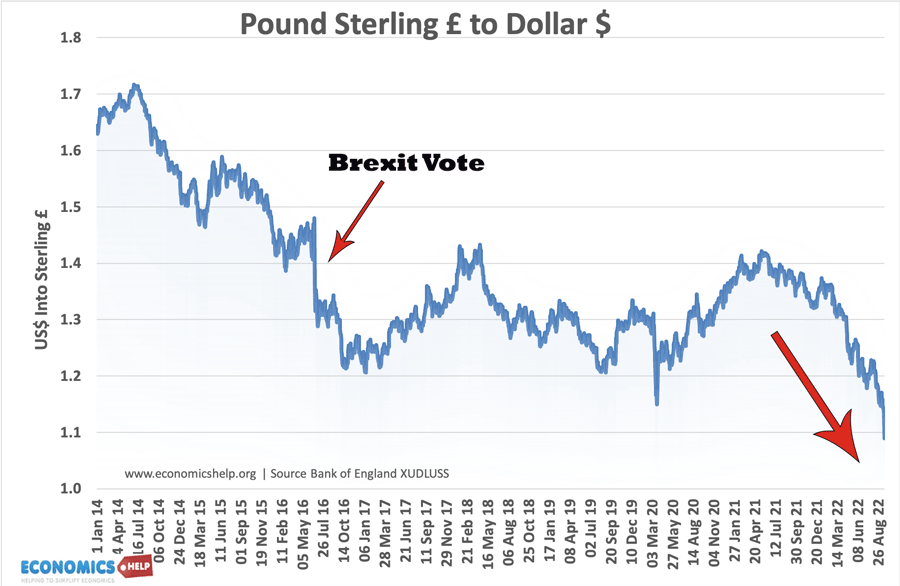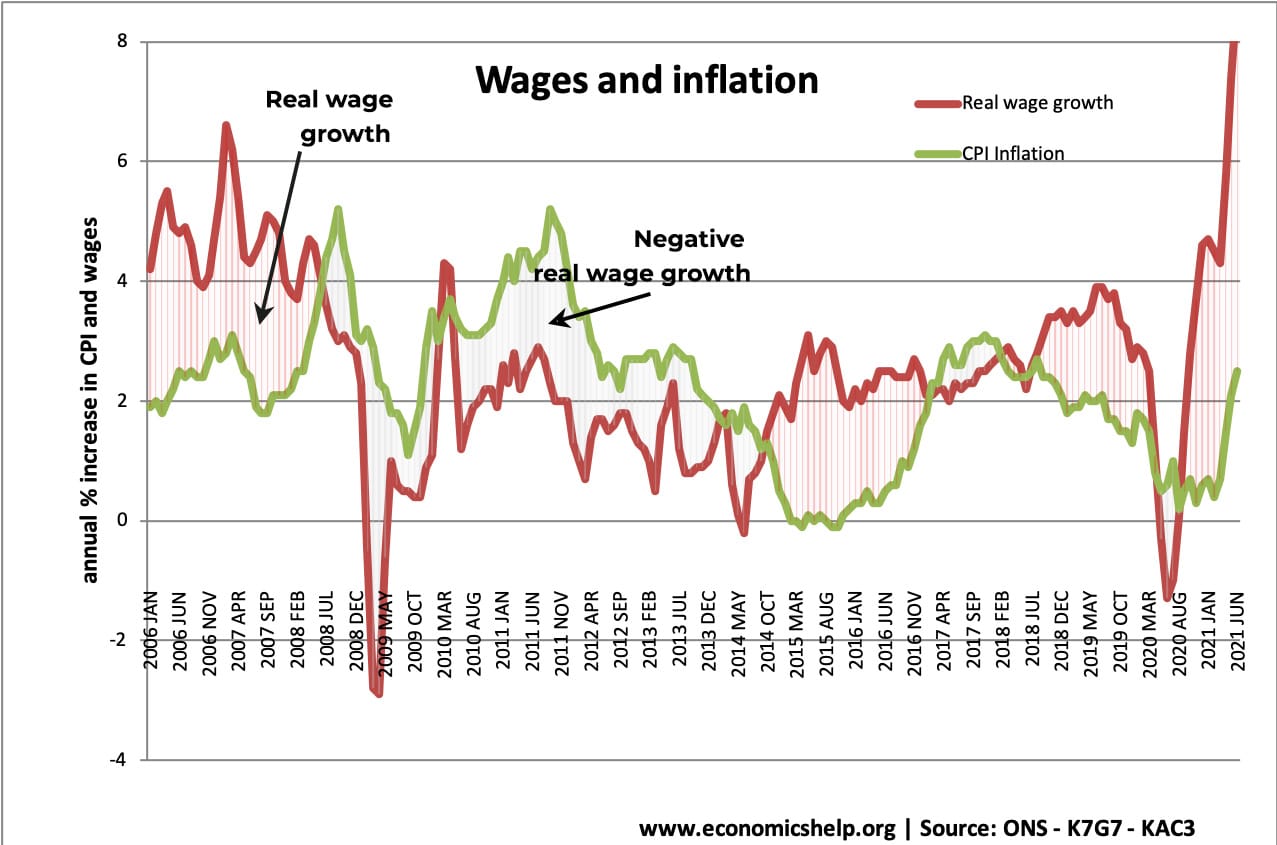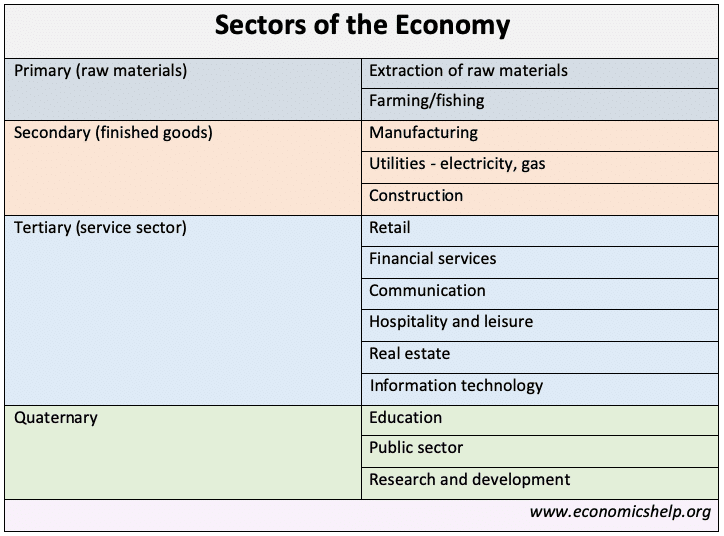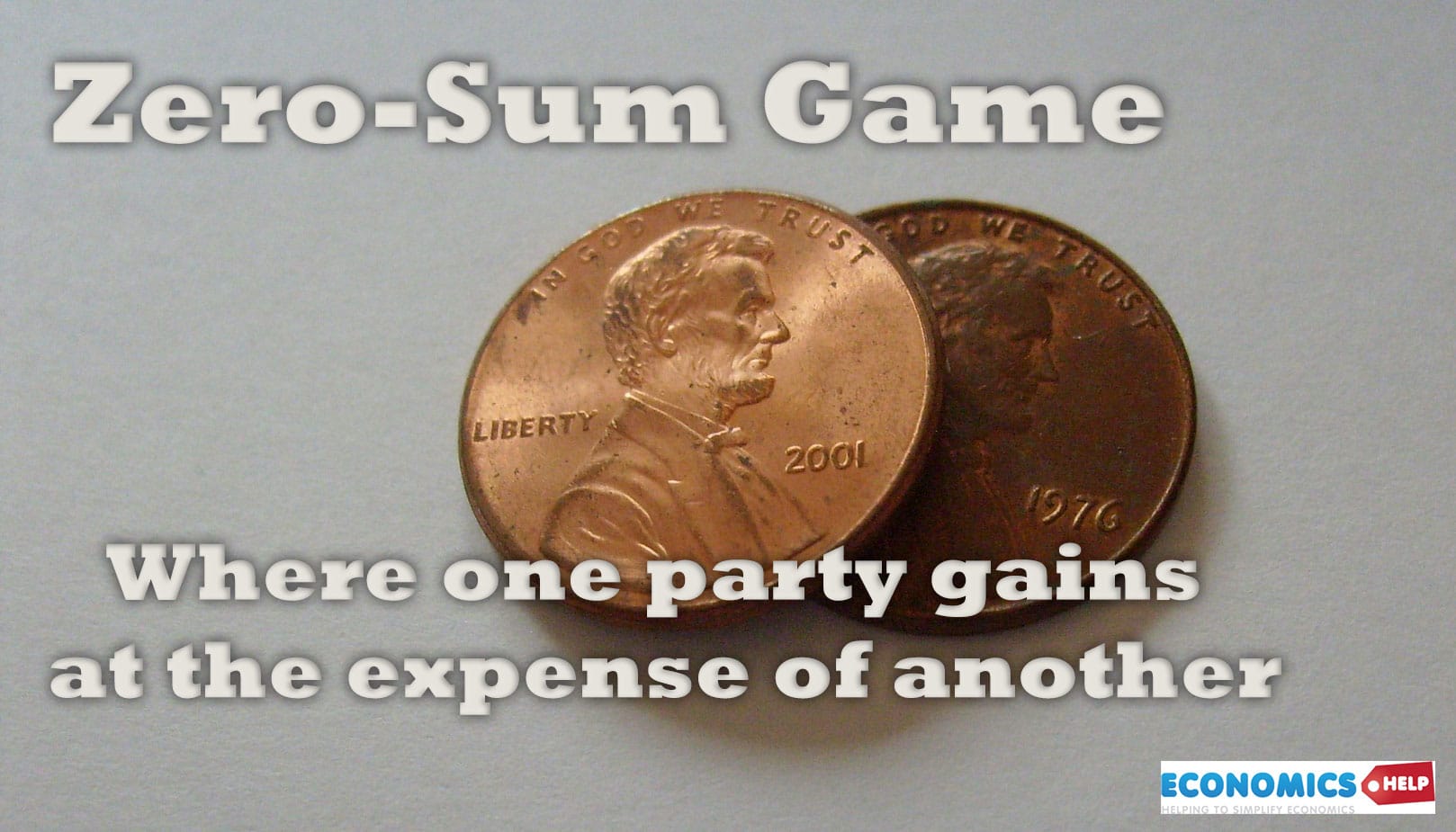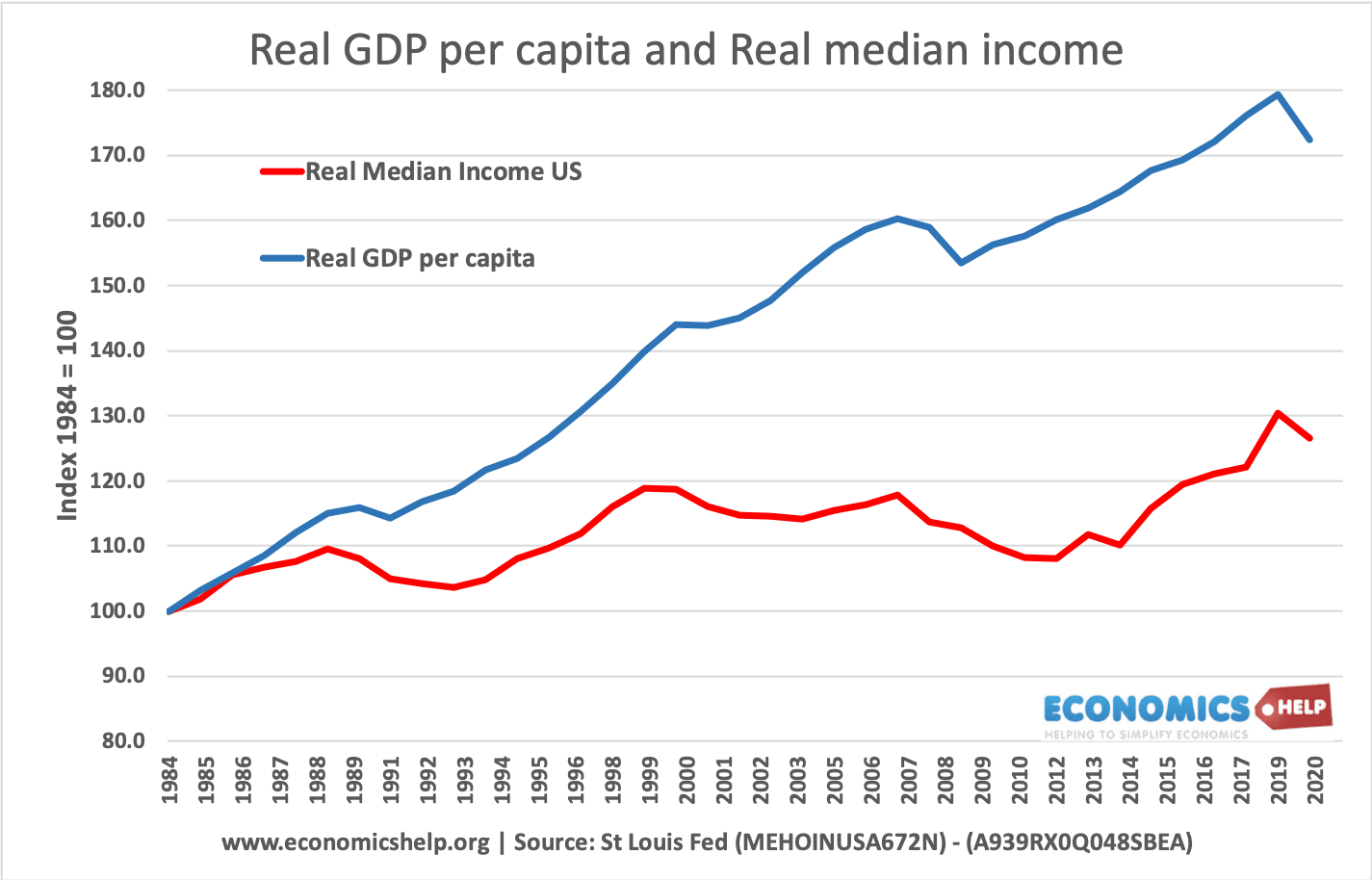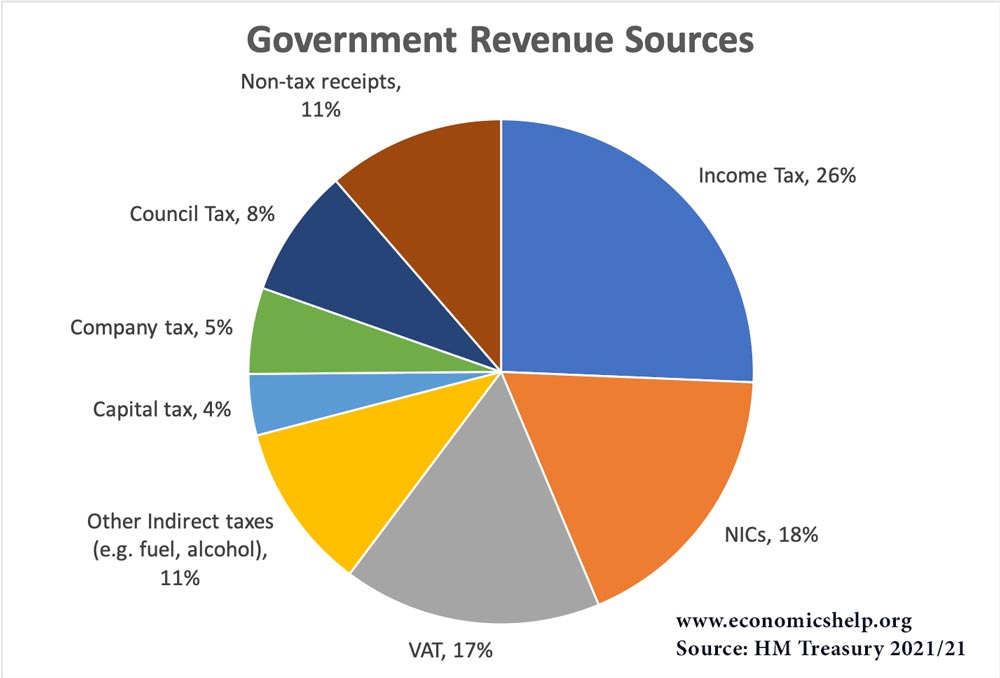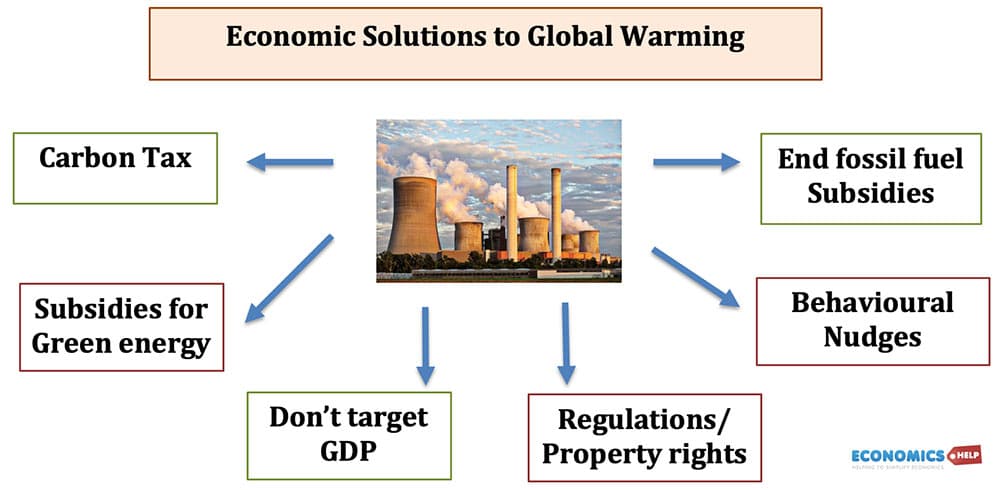What happens to value of currency during recession?
Readers Question: What will happen to the value of a currency during times of deep recession and high inflation? There is no hard and fast rule about what will happen to the value of a currency during a deep recession – though, a currency is likely to fall because country becomes a less attractive place to …

